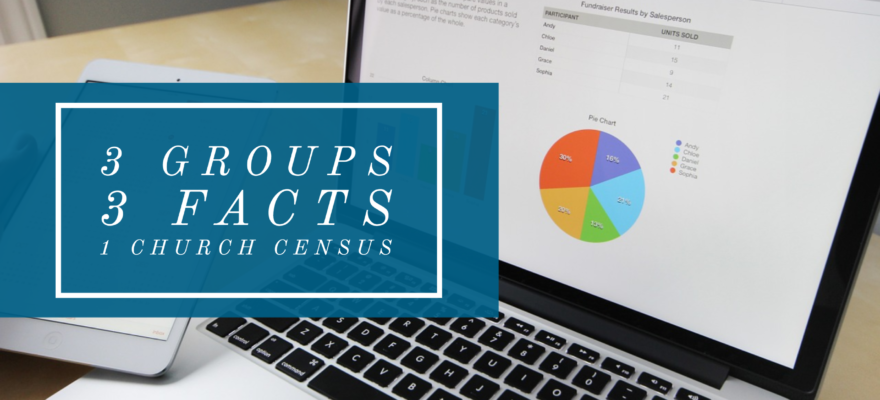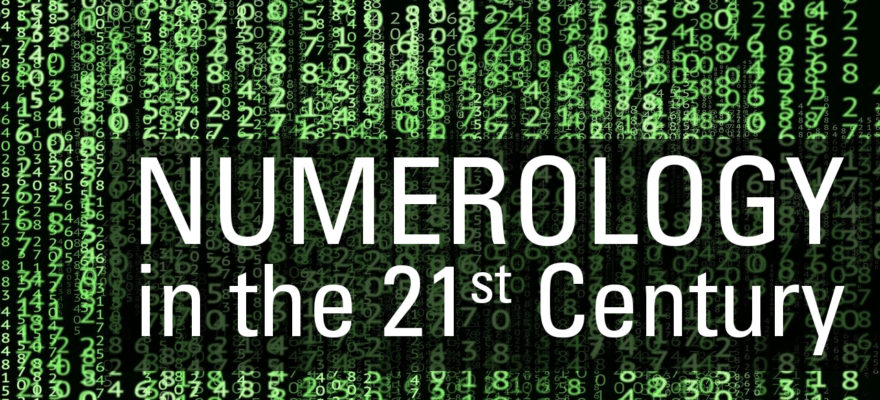by Franklin Dumond, Director of Congregational Ministries
“Our Mission is Missions” was a popular slogan, vision statement a few years ago. It is not a very polished phrase nor is it particularly user friendly to the unbeliever who does not know about missions. But for those of us who believe in a General Atonement (that everyone can be saved), it sure rings true. This year the pandemic impeded the mission emphasis generally provided by The Summit and other large group gatherings.
To make up that deficit, Director Mark Powell and the General Baptist International Ministries staff have used technology to create a virtual missions conference. This event will be released in a few days. The Fall 2020 General Baptist Messenger provides an overview of the mission workshops that could have been offered in large group gatherings.
Here are an overview and an invitation to experience up-close-and-personal connections with missions and missionaries that I hope many of you will utilize to challenge your small groups, mission groups, and even the entire congregation with the missionary challenge to reach the world for Jesus Christ.
Missions Conference 2020
By Mark Powell
Make a difference. Share today!
Please join us in September for a Virtual Missions Conference.
The 2020 General Baptist M&M Summit became a victim of COVID-19 and was canceled. You may not know that M&M stands for Missions and Ministry, but missions have been an integral component of the Summit since its inception. General Baptist International Ministries places a high emphasis on the Summit each year offering many breakout sessions and offering General Baptist the opportunity to mingle with international missionaries and guests. We did not want to miss out on that opportunity in 2020, and so we asked each missionary family to produce a “break out” session for us to use in a “Virtual Missions Conference.”
We’ve included a synopsis of each presentation in the pages of this edition of the General Baptist Messenger – gbmessenger.org. Video presentations and additional information will be found at gbimissions.com/missions-conference-2020.
The possibilities for using these materials are endless but here are three suggestions:
- Personal or small group. The video presentations and papers will be online, downloadable, and available for your personal or small group as you desire. We suggest the month of September.
- Local Church Missions Conference: This could be over several days, a weekend, Wednesday nights, Sunday School, etc. The videos will be downloadable, and Word documents will be available for your own branding. Again we recommend September.
- Facebook Live: A schedule will be published when each of these videos will premiere on Facebook live. These events will take place on Tuesday and Thursday evenings in September. As much as possible, we hope that the presenter will be available to join the “Live” event in order to chat with participants (the COVID-19 version of mingling).
Follow the links provided to find the videos, handouts, and, for some speakers, additional information. Use them as you wish: individual, small group, church-wide conference, Sunday School. Really the sky is the limit!
Don’t forget that Ed Stevens Day is on September 20, 2020. This year the offering will go to do some work on the campus of the Matigsalug Bible Institute which prepares pastors for indigenous ministry throughout the Philippine island of Mindanao.


